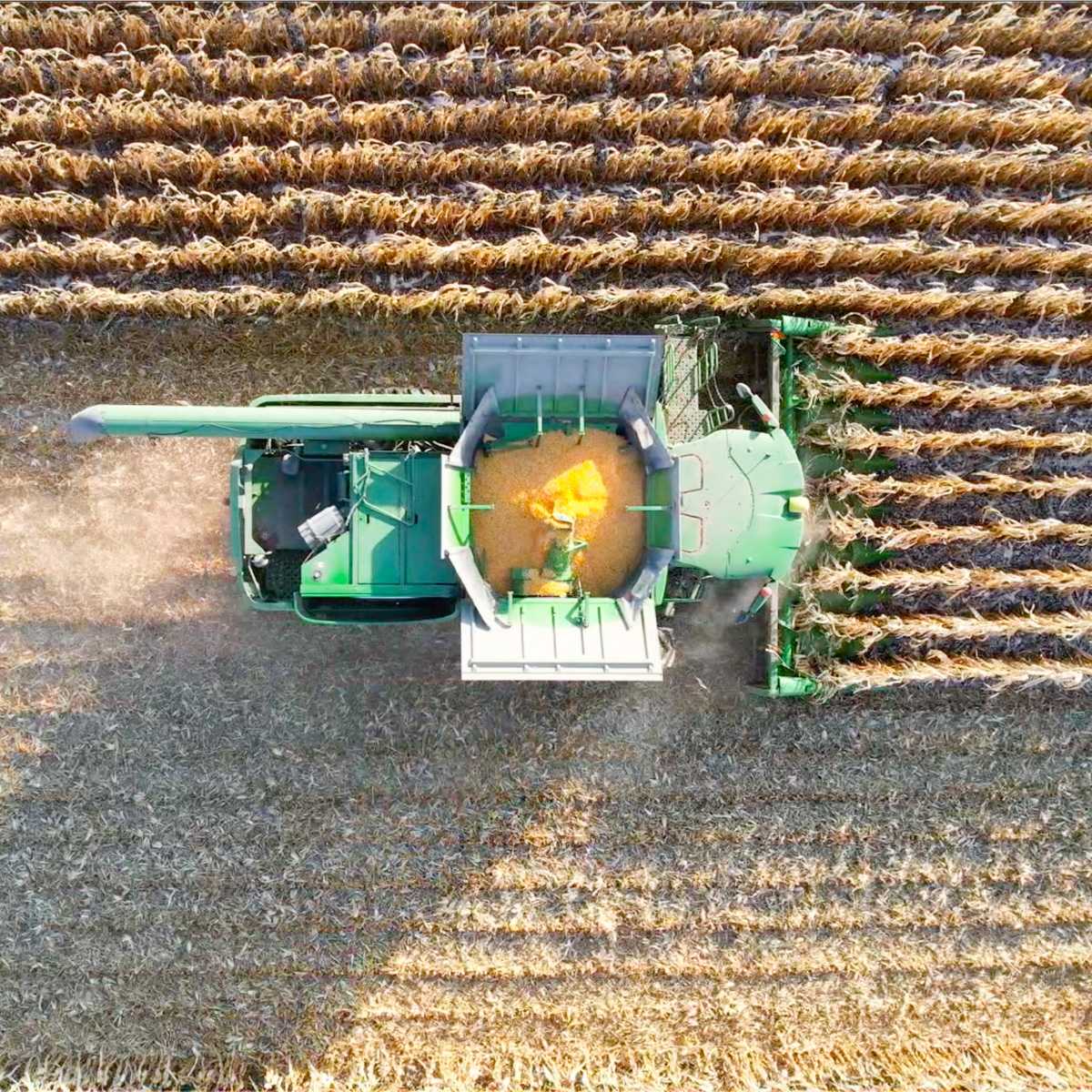
Leading the Food Future: How the U.S. Midwest Stands to Advance Businesses Shaping Nutrition, Policy and Trust
August 26, 2025
As global health challenges intensify and consumer expectations evolve, the food and nutrition landscape is experiencing unprecedented transformation. Today, businesses are not just suppliers, producers or providers—they are expected to be stewards of public health, sustainability and equity, with many of them taking on that role. In the United States, this responsibility is particularly pronounced in the Midwest. With deep roots in agriculture, food manufacturing and policy, the region stands at a pivotal crossroads: uniquely positioned to lead the next era of food and nutrition, with impact resonating nationally and globally.
Long known as “America’s Breadbasket,” the Midwest produces over a quarter of the nation’s agricultural output, with a global reach that extends from China to the European Union. In the Chicago metropolitan area alone, the food manufacturing gross regional product (GRP) is $12 billion (2024), underscoring the region’s economic and strategic significance. Yet, the Midwest’s true strength lies not just in what it grows, but in how it adapts—especially as regulatory and consumer landscapes seem to be constantly moving more than ever before.
The regulatory environment in the United States for food and health is evolving driven by the Make America Healthy Again (MAHA) movement and a growing patchwork of state and federal rules. Multinational food companies are leaning on their innovation capabilities to remove artificial dyes and ingredients from their U.S. portfolios. These proactive changes are just one example of corporations addressing the growing consumer demand for food products with more natural ingredients and cleaner labels. These changes require not only product reformulation but also overhauls of supply chains, dual sourcing strategies and new investments in natural ingredient procurement.
Compliance is no longer a box to check, but an opportunity to lean into innovation and demonstrate leadership as we face a change in how we consume food and what it means to our health. Borne from its entrepreneurial culture, Midwest-based companies are investing in digital infrastructure, AI-powered traceability and blockchain-enabled transparency to meet new requirements under the Food Safety Modernization Act and anticipated expansions of MAHA standards. These investments not only ensure regulatory compliance but also empower companies to communicate proactively with consumers and regulators, reinforcing trust and brand integrity.
Consumer expectations are evolving just as rapidly. For years, health and wellness have been pushing to the top of consumers’ core priorities, with natural, minimally-proceed foods being a necessary option in companies’ portfolios, along with functional ingredients, personalized nutrition apps and nutrition label literacy solutions booming in the startup space. The demand for transparency—knowing where and how food is produced—has never been higher. According to an NSF study from May 2025, even as economic pressures persist, 67% of U.S. consumers consider sustainability and local sourcing as they read labels and evaluate their food options. However, value-driven choices are ultimately driving most purchasing decisions.
The Midwest’s legacy in food and agriculture is matched only by its potential to lead in this new era that is challenging how companies have traditionally operated. At APCO, we lean on our regional roots, bringing strategic counsel to help our clients navigate the ever-shifting regulatory environment (like MAHA-driven changes), prioritize transparency and forge cross-sector partnerships. Ultimately, by strengthening public trust, we help our clients lead not only as producers, but as stewards of a healthier, more equitable and resilient food system for all.